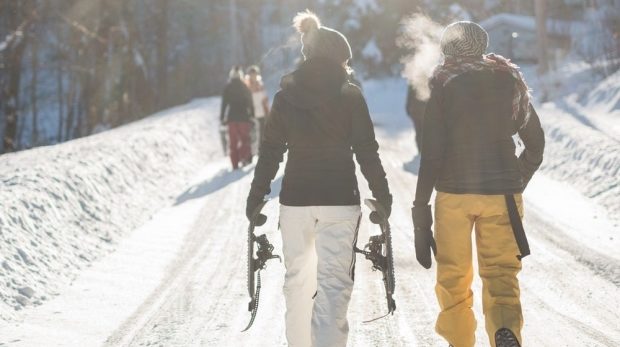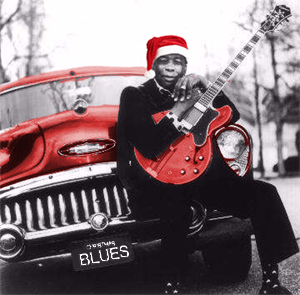Avoiding Common Winter Sports Injuries
Avoiding Common Winter Sports Injuries – How To
Are you someone who just has to hit the slopes every winter? As soon as fresh snow hits, you’re up in the mountains with your skis or snowboard catching those sweet drifts.
Then maybe you’re one of the many who has also experienced one of the standard injuries associated with winter sports. Keep yourself safe this winter.
Watch out for the signs of these common winter sports injuries. Be sure to take your best precautions to avoid them.
Dislocated Shoulder
Falling and hitting your shoulder on a hard surface – like ice – is a common cause of dislocated shoulders during the winter season. If your shoulder is visibly out of place and you feel intense pain, it’s likely dislocated.
Seek medical help immediately. Don’t move the shoulder. Ice it if there’s any bruising or swelling.
Knee Injuries
Knee injuries are some of the most common winter sports injuries. Primarily, because there are so many ways a knee can become injured.
Knees absorb a lot of the shock when walking, jumping and moving in general. Knees are often the first thing that can get hurt when participating in intense sports.
Torn ligaments, a torn meniscus, fractures and a dislocated knee are all common knee injuries. Pain, swelling, stiffness, inflammation, popping and inability to straighten the knee are all signs of an injured knee.
If you suspect a knee injury, you should seek medical help for the best method of treatment.
Spinal Injuries
Back pain is a common occurrence when someone is participating in winter sports. With all of the twists and turns occurring, whether you’re snowboarding, skiing or skating, it’s good to take precautions to avoid spinal injury.
Signs of a spinal injury include muscle spasms, pain that worsens with movement and decreased function and range of motion of the joints. At the time of injury, sometimes you might even feel a popping or tear at the time of injury.
If you suspect a spinal injury, it’s best to take it easy and rest to prevent further damage. If the pain is severe, seek the advice of a medical professional for treatment.
Ankle Injuries
Ankle sprains are another widespread injury during winter sports. Tripping, running on uneven surfaces (in ice and snow), and quick turns can all cause ankle injuries.
Swelling, bruising, limited range of motion and pain are all symptoms of a sprained ankle.
If you suspect a fracture, seek immediate medical attention.
Concussions
It’s not uncommon for snowboarders, skiers, skaters or even sledders to fall and hit their head, resulting in a concussion. Signs of a concussion include dizziness, blurred vision, vomiting, confusion, and swelling at the injury site.
Seek medical attention if you suspect a concussion, mainly if there was a loss of consciousness. The best treatment will be getting plenty of rest.
Sleep is the best medicine for brain injuries.
How to Avoid Injuries
It’s important to know just how to be safe before engaging in any extreme sports – especially if you are new to it.
That last one might not prevent an injury, but if you do get hurt, it’s always better to have someone with you. Your companion can call for help or help you to safety to prevent worsening the injury.
Do your research the proper safety techniques and gear for the sports you will be participating in and have fun!
If you’re having to drive to the slopes, learning proper winter driving safety is important. Even if you’re in a place where you don’t get snow often, it doesn’t hurt to keep yourself informed.





